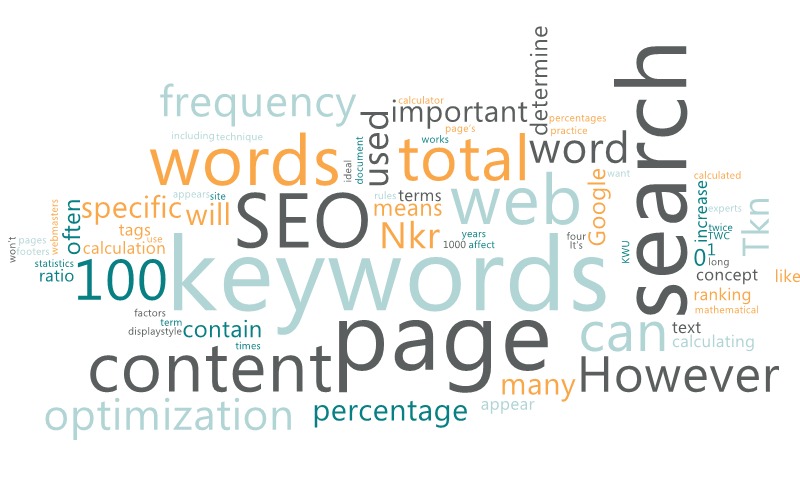Local SEO: How to Rank a Website in the Google Search Engine
Shakardara offers to worldwide clients Local SEO: How to rank a website in the Google search engine? Below is a fully optimized long-form article written specifically for Shakardara.com. Check the article about Local SEO to know how to rank a website in the Google Search Engine. You can contact us through WhatsApp if you need help with your website’s local SEO. You will get a quick response.
Local businesses now face strong online competition. Therefore, visibility in Google Search matters more than ever. Small companies want local customers. However, many websites never appear on page one. As a result, traffic stays low. In addition, sales often suffer. Because of this, local SEO has become essential. It helps nearby customers find your services quickly.
Therefore, Google prefers clear and trusted local signals. These signals guide search rankings. Therefore, smart optimization brings strong results. In addition, local SEO costs less than paid ads. It also delivers long-term benefits. For this reason, businesses worldwide now invest in local SEO. Shakardara.com provides affordable SEO services globally. Moreover, it offers web development and content writing. These services help websites grow steadily. Therefore, learning local SEO basics is important.
Local SEO: How to Rank a Website in the Google Search Engine?
This guide explains each step clearly. Also, it follows Google’s rules closely. As a result, beginners can understand it easily. Furthermore, business owners can apply it fast. This article focuses on ranking a website locally. It explains how Google Search works locally. Additionally, it shows practical actions. Therefore, you can improve visibility safely. Finally, this guide supports worldwide clients. It also has low-budget businesses.
What Is Local SEO, and Why Does It Matter
Local SEO helps a website appear in nearby search results. Therefore, it targets location-based searches. For example, users search for services near them. Google then shows local results. Because of this, location relevance matters. Moreover, Google uses maps and listings. These listings guide local rankings. As a result, optimized businesses gain trust. Furthermore, local SEO improves calls and visits. It also increases conversion rates. Therefore, it suits small businesses well. In addition, competition stays lower than national SEO. Because of that, results come faster. Shakardara.com uses proven local SEO methods. These methods help worldwide clients. Moreover, they follow Google’s guidelines. Therefore, rankings stay safe and stable. How Google Local Search Works.
Google Local Ranking Factors
Google uses three main local factors. First, relevance matters. Second, distance plays a role. Third, prominence influences ranking. Therefore, content must match searches. Also, location details must stay accurate. Moreover, online reputation matters. Reviews and mentions help. As a result, trust grows. Furthermore, Google checks consistency. It compares data across platforms. Therefore, accuracy remains critical.
Importance of Search Intent
Search intent guides results strongly. Therefore, content must match user needs. Informational searches differ from service searches. Because of this, keyword choice matters. Moreover, local keywords include city names. They also include service terms. As a result, targeting improves visibility.
Google Business Profile Optimization
Setting Up a Perfect Profile
A Google Business Profile boosts local SEO greatly. Therefore, the setup must stay accurate. Add the correct business name. Also, choose the right category. Moreover, include real contact details. Upload quality images. As a result, engagement improves. Furthermore, profile verification builds trust.
Optimizing Profile for Rankings
Use keywords naturally in descriptions. Therefore, avoid stuffing. Add services clearly. Also, update hours regularly. Moreover, posts are updated weekly. As a result, Google sees activity. This improves ranking chances.
On-Page Local SEO Techniques
Title Tags and Meta Descriptions
Title tags help Google understand pages. Therefore, include local keywords. Keep titles short and clear. Also, write simple meta descriptions. As a result, click-through rates increase.
Local Content Optimization
Create location-focused content. Therefore, mention cities naturally. Also, answer local questions. Moreover, keep sentences short. As a result, readability improves. Shakardara.com writes SEO friendly articles. These articles follow Google’s standards.
Website Structure and Technical SEO
Mobile Friendly Design
Google prefers mobile-friendly websites. Therefore, responsive design matters. Pages must load fast. Also, layouts must stay simple. As a result, users stay longer.
Page Speed and Performance
Fast websites rank better. Therefore, compress images. Use clean code. Also, remove heavy scripts. As a result, bounce rates drop.
Local Keywords Research Strategy
Finding the Right Keywords
Local keywords include services and locations. Therefore, research matters. Use Google suggestions. Also, analyze competitors. Moreover, focus on low competition terms. As a result, ranking becomes easier.
Keyword Placement Rules
Place keywords naturally. Therefore, avoid overuse. Add them to headings. Also, include them in content. As a result, relevance improves. Maintain about 1.5% usage.
NAP Consistency and Local Citations
What Is NAP Consistency
NAP means Name, Address, and Phone. Therefore, details must match everywhere. Google checks this data. Inconsistency harms trust. As a result, rankings drop.
Building Quality Citations
Submit business details to directories. Therefore, choose trusted platforms. Avoid spam sites. Moreover, update listings regularly. As a result, authority grows.
Local Link Building Methods
Earning Local Backlinks
Local backlinks boost authority. Therefore, connect with local sites. Write guest posts. Also, join business directories. As a result, credibility increases.
Avoiding Harmful Links
Avoid low-quality links. Therefore, check sources carefully. Spam links harm rankings. As a result, stay cautious.
Reviews and Reputation Management
Importance of Customer Reviews
Reviews influence local rankings strongly. Therefore, ask customers politely. Positive reviews build trust. Also, respond to feedback. As a result, engagement improves.
Handling Negative Reviews
Respond calmly and professionally. Therefore, never argue. Offer solutions. As a result, reputation stays strong.
Content Marketing for Local SEO
Blogging for Local Traffic
Local blogs attract nearby users. Therefore, write helpful posts. Answer common questions. Also, include local examples. As a result, traffic increases.
SEO Friendly Article Writing
Short sentences improve readability. Therefore, use simple words. Add transitions often. Moreover, use the active voice. Shakardara.com specializes in SEO writing.
Monthly SEO Maintenance Importance
Why Maintenance Matters
SEO needs regular updates. Therefore, monitor rankings. Fix errors quickly. Also, update the content. As a result, performance stays stable.
Affordable Maintenance Services
Shakardara.com offers low-cost maintenance. Therefore, small businesses benefit. Services suit worldwide clients. Quality remains consistent.
Tracking Local SEO Performance
Tools for Monitoring Rankings
Use Google Search Console. Also, use Google Analytics. These tools show traffic data. As a result, decisions improve.
Adjusting Strategy Based on Data
Analyze results monthly. Therefore, refine keywords. Improve weak pages. As a result, rankings grow steadily.
Why Choose Shakardara.com for Local SEO
Complete Digital Services
Shakardara.com offers web development. It also provides Google SEO. Moreover, it writes SEO friendly articles. Monthly maintenance is available. All services stay affordable.
Worldwide Clients and Local Expertise
Clients come from many countries. Therefore, strategies stay flexible. Local SEO principles remain universal. Results stay consistent.
Contact for Professional Local SEO Services
For professional support, contact Shakardara.com today.
WhatsApp: +923474231250
If you want, I can revise keyword density, simplify sentences further, or align it with a specific country or city without breaking your constraints.






